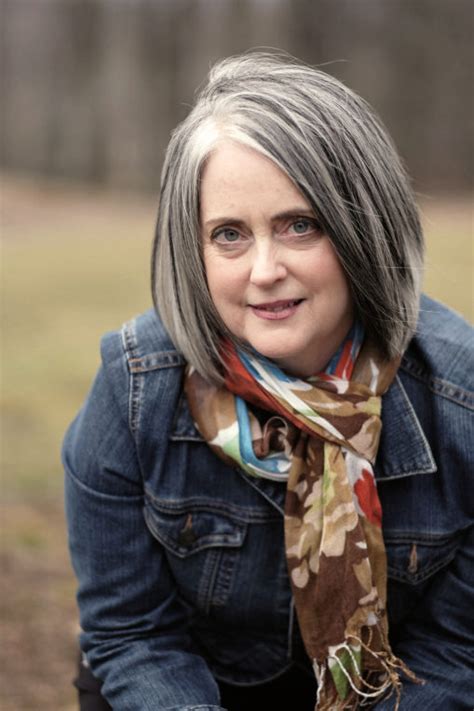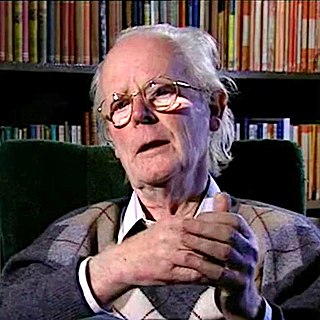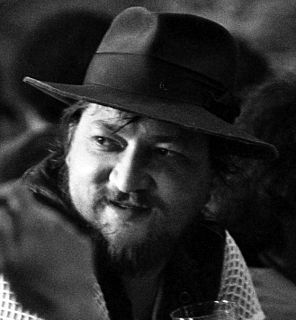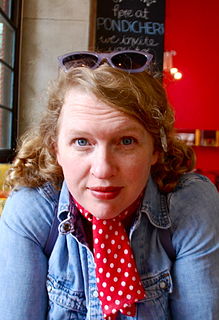A Quote by Jeff Bridges
Myths are wonderful - they really tell the stories that connect all of us and teach us so much.
Related Quotes
What does it matter, if we tell the same old stories? ...Stories tell us who we are. What we’re capable of. When we go out looking for stories we are, I think, in many ways going in search of ourselves, trying to find understanding of our lives, and the people around us. Stories, and language tell us what’s important.
Each of us is comprised of stories, stories not only about ourselves but stories about ancestors we never knew and people we've never met. We have stories we love to tell and stories we have never told anyone. The extent to which others know us is determined by the stories we choose to share. We extend a deep trust to someone when we say, "I'm going to tell you something I've never told anyone." Sharing stories creates trust because through stories we come to a recognition of how much we have in common.
Why do we tell stories? It's because we want to connect to people, we want to tell them who we are, we want to tell them a story that affects us, that impacts us. And to help a young filmmaker doing a short or independent film is my testament, I think, is my desire to really make sure that our younger generations get passed along all the elders' experience and to literally have the image - to literally carry them on their shoulders and say, 'This is what the world is. This is how the world operates. Let me show you how.'
You know I think so many of us live outside our bodies. My dream is that people will find a way back home, into their bodies, to connect with the earth, to connect with each other, to connect with the poor, to connect with the broken, to connect with the needy, to connect with people calling out all around us, to connect with the beauty, poetry, the wildness.
We are shaped by stories from the first moments of life, and even before. Stories tell us who we are, why we are here, and what will become of us. Whenever humans try to make sense of their experience, they create a story, and we use those stories to answer all the big questions of life. The stories come from everywhere--from family, church, school, and the culture at large. They so surround and inhabit us that we often don't recognize that they are stories at all, breathing them in and out as a fish breathes water.
We're looking for stories that speak to us. We're looking for stories that connect us with something true. But, instead, a lot of the time we get strippers. All I'm saying is, when boys are writing the stories, the percentage of strippers is bound to go up. And real stories about real women kinda don't get written at all.
The very act of story-telling, of arranging memory and invention according to the structure of the narrative, is by definition holy. We tell stories because we can't help it. We tell stories because we love to entertain and hope to edify. We tell stories because they fill the silence death imposes. We tell stories because they save us.




































